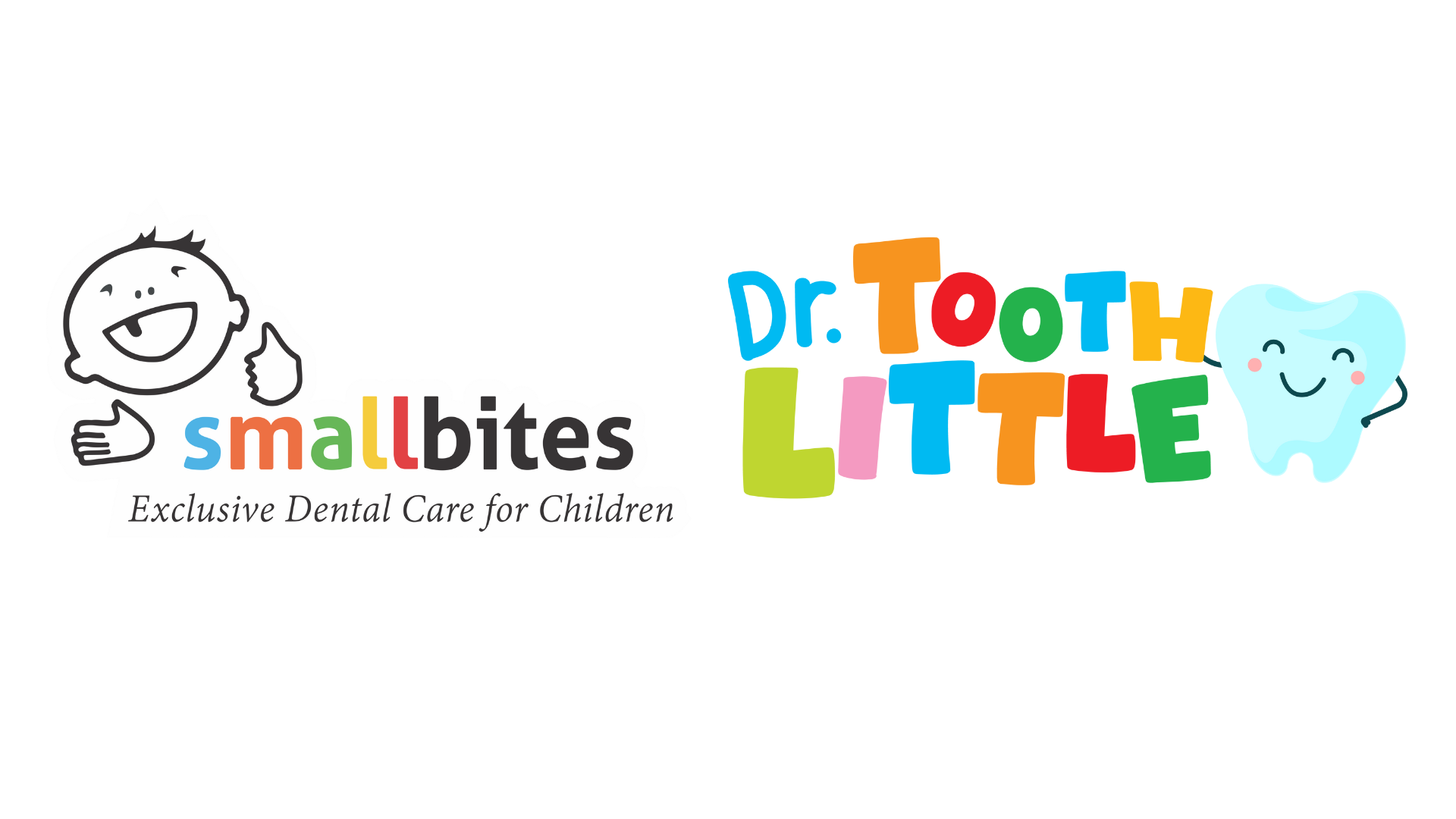In the second post in our series on protecting children from abuse we will look at signs that may indicate a child is being abused and what to do if you know, or suspect that abuse has occurred.
What is Child Sexual Abuse?
Child sexual abuse involves persuading or forcing a child to take part in sexual activities, exposing a child to adult sexuality or encouraging a child to behave in sexually inappropriate ways.
If we don’t make a fuss about the abuse, won’t a child forget it?
Children do not forget abuse, it can cause devastating emotional, physical and social effects for the child, even into adulthood. Adult survivors of child sexual abuse may develop harmful sexual behaviours, experience inability to trust close family and friends and have marital problems. If abuse is not reported once discovered, not only will the abuse continue, but the abuser is also likely to harm other children.
Signs could indicate abuse
The majority of children do not report abuse. They may feel too scared, fear that they will not be believed, or have been threatened by their abuser not to tell anyone. Changes in a child’s behaviour may be the first sign that something is wrong.
One or two of the following changes may be a normal part of development but more should raise suspicion of possible abuse:
- Nightmares or sleeping problems
- Becoming withdrawn or unusually clingy
- Changes in personality, become more insecure
- Problems with studies or missing school
- Excessive anger
- Sexual language or behaviour (inappropriate for the child’s age)
- Going back to younger behaviours eg. thumb sucking, bed-wetting
- Sudden changes in eating habits
- Become secretive, not talking
- Shows signs of fear of, or avoids being alone with, a particular adult.
If you suspect or discover that a child is being sexually abused, get professional advice (see options below). Seek medical advice immediately if you see physical signs of abuse, such as unexplained soreness/bruising of genitals or symptoms of sexually transmitted diseases eg. an unusual discharge.
What to do if a child discloses that they have been abused
A very small proportion (estimated to be 12%) of abused children report it. Even then, the reporting is often ambiguous as they may be too shy to narrate the incident clearly, or a younger child may not have the vocabulary to explain what has happened.
Your response is crucial. If the adult does not believe the child, or makes them feel ashamed, they may never risk telling anyone again and the abuse will continue.
An abused child wants two things:
- to be believed
- for the abuse to stop
If a child confides in you about abuse
- Acknowledge the child’s feelings and praise them for having the courage to come and tell you.
- Tell the child it is not his or her fault. Do not blame or accuse the child, even if they did not report the abuse when it started – the abuser is the one at fault.
- Do not ask the child to “forgive” “forget” or “adjust”
- Do not confront the alleged abuser – it may give them an opportunity to silence, confuse or threaten the child about speaking out. It may also place the child in danger.
- Tell the child that you would like to take the help of other trusted adults (eg. close family members, child welfare services, medical professionals or police) to help, with the child’s permission.
- Do not tell other people who are not directly required to help and support the child.
Childline has a national toll-free number – 1098 – which an adult who is concerned about a child, or children in distress, can call for help and advice.
It is possible to contact the CCRU’s directly, but they also receive referrals from the police, child welfare services and Childline.
Due to the recent “Protection of Children from Sexual Offences Act – 2012” it has become mandatory for any person having knowledge of a child being sexually abused to report the same to the Special Juvenile Police Unit or local police. A child need never go to a police station, police will come in plain clothes to visit the child and record the statement in the child’s own words.
Protecting children is every adult’s responsibility.
In the next section, we will discuss guidelines for keeping children safe in various situations, both at home and outside.
For Part 3– Click here |For Part 1 – Click here

